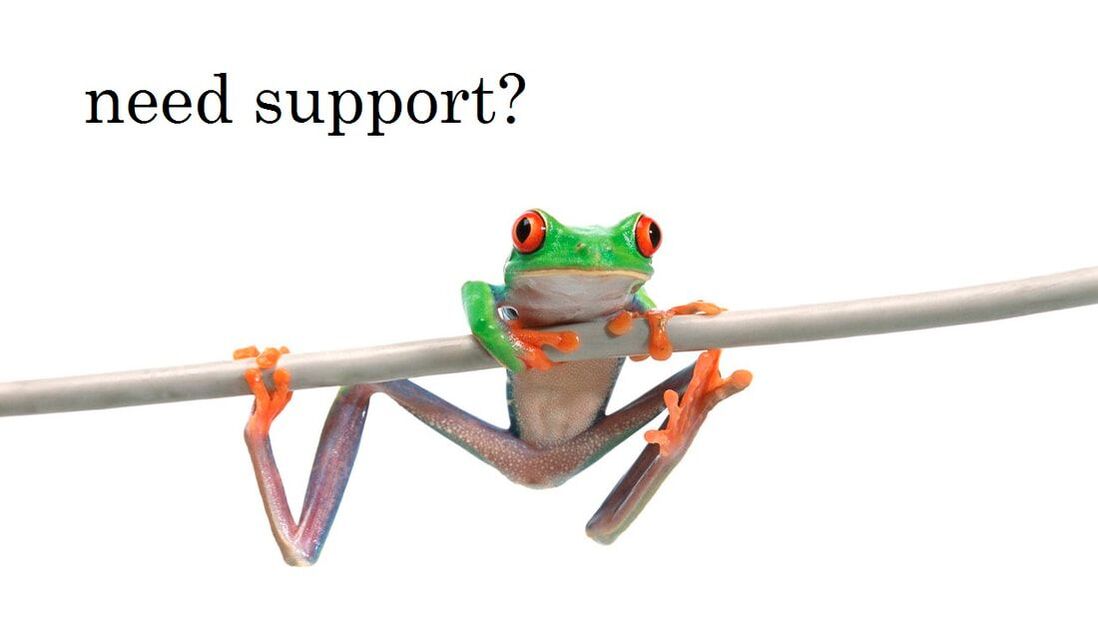But why? Why are we, as writers, so hard on ourselves?
As well as a writer, I’m also a school-teacher and facilitator of workshops for adults. In all three roles, it’s important to be critical. Essential. I’m trained in it on three fronts. Then, as a mum, I’m always thinking about things I could do better. So for those of you out there struggling with self-criticism, I sympathise, I really do.
We all have an inner critic. Self-criticism can be useful, there's no doubt. But too much of a good thing can be harmful. Too much (or misplaced) self-criticism and perfectionism can make you feel like you're driving though life with your handbrake on.
In both Wellspring and Magpie Mind, I advise you on how to tune out your critical voice when it really matters - during the initial creative burst of writing. Later on - when editing, it can definitely help. But if self-criticism is hindering your progress, then it's time to try something else.
Many writers believe that self-criticism will make them better writers. Reflecting critically can definitely be useful. But self-criticism can easily turn toxic. Trust me – I know and struggle with this on a daily basis. The first time I went on a meditation retreat was tough. Meditation and writing, especially journaling, can put a mirror up to what goes on in your head that you so often distract yourself from. I hadn’t realised before then just how unreasonable I was with myself. Now I’m glad to be able to work one-to-one and in workshops with writers to help them uncover and defeat their own critical voices.
Mind you, we can all think of people, and writers, who could do with being a little more critical of their writing. I’ve just heard that narcissism is a secret to happiness. In which case, Donald Trump must be just about the happiest person in the world. So while thinking we’re great can make us happier, it doesn’t make us better at our writing or jobs. Research shows that people who believe they’re performed a task well are likely to perform less well in future. http://www.ncbi.nlm.nih.gov/pubmed/20804261 It makes sense, I suppose. If you already think you’re great, why bother putting the effort into doing a better job next time?
Of course it’s important to listen to feedback in order to improve our writing as much as we can. But this article tells us that self-criticism actually increases procrastination and naval-gazing, and therefore stops us from doing so well next time. If, deep down, you don’t think you’ll succeed, then why bother even trying?
It’s a problem endemic to writers...
But if critical thinking is so important to improvement, and we want to improve our writing, then what can we do to balance up these tensions? Feel free to have a read of Wellspring to help you with procrastination. And here are a few more suggestions:
- Reframe your thinking away from criticising yourself. Remember that you’re a good person. Yes, you might make mistakes, but there are lots of brilliant things about you as well – and making mistakes sometimes doesn’t stop those things from being true.
- Criticise behaviour, not the person. If, for example, you spend your evening watching telly rather than completing that deadline you set yourself, tell yourself that relaxation is important too and you’ll just set a time limit next time – instead of hitting yourself over the head about how you’re lazy and disorganised and “should” have been doing something more productive.
- When you’re low, ask your loved (and trusted) ones to give you a list of things that are great about you (and your writing).
- Keep a ‘happy box’ of memories, literary acceptances, lovely feedback and so on to remind you of your successes and strengths.
- Move your focus away from yourself. Focus on what your writing might do to help others.
Happy writing,
Laura

 RSS Feed
RSS Feed